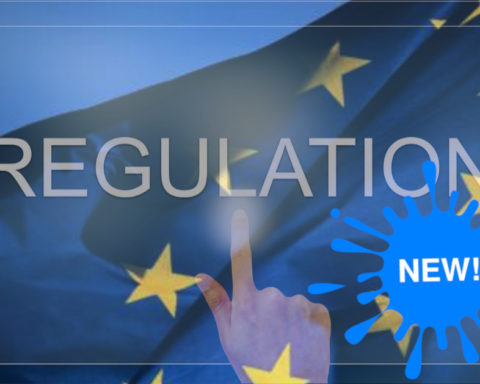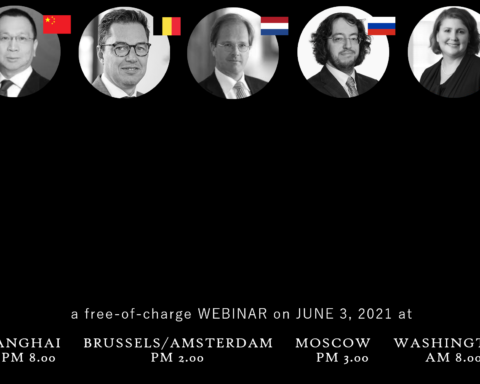After a number of tweets and news articles indicating that President Trump intended to make major changes to U.S. policy regarding Iran, President Trump formally announced on Friday, October 13, his Administration’s strategy on the subject. The strategy announcement itself resulted in limited changes to U.S. sanctions and no change (for now) with respect to the role of the United States in the Joint Comprehensive Plan of Action (“JCPOA”). While President Trump has on a number of occasions derided the JCPOA as “a bad deal,” his announcement did not withdraw the United States from the agreement or re-impose secondary sanctions on Iran that were lifted in connection with the implementation of the JCPOA. However, the announcement does create uncertainty with respect to the future of U.S. sanctions against Iran and the United States’ participation in the JCPOA.
By Megan Barnhill, Bryan Cave LLP, 19 October 2017
A central aspect of President Trump’s announcement was his refusal to certify to the U.S. Congress that Iran is abiding by the requirements of the deal and that continued suspension of sanctions is appropriate. This failure to certify does not automatically result in a “snap back” or any other changes. What it does do is permit the U.S. Congress to use an expedited process to reinstate statutory sanctions against Iran, should Congress wish to do so. If Congress chooses to use the expedited process, it must do so by December 12, 2017—within sixty (60) days of the President’s refusal to certify.
Whether any such sanctions will be re-imposed and what those sanctions might include is unclear. In his remarks, President Trump called on Congress to address perceived weaknesses in the JCPOA and also directed his administration to work with America’s allies to improve the JCPOA to address additional considerations. Whether such allies will be willing to do so also remains uncertain, if not doubtful; it is being reported that some allies have said they do not intend to re-open or change the terms of the JCPOA.
President Trump threatened to terminate the U.S.’s commitments under the JCPOA in the event that Congress and the Administration are unable to improve the JCPOA to address the Administration’s concerns. Whether the President ultimately would take such an action remains to be seen. Since President Trump’s announcement, several senior Trump administration officials (including the U.S. ambassador to the United Nations, the U.S. Secretary of State, and the U.S. National Security Adviser) have made statements to tone down some of Trump’s rhetoric, including by stating that the United States will likely remain in the deal, at least in the short term.
Separately, the U.S. Treasury Department, Office of Foreign Assets Control (“OFAC”) added three Iranian entities and one Chinese entity to the U.S. List of Specially Designated Nationals and Blocked Persons (“SDN List”) and also designated the Iranian Revolutionary Guard Corps (“IRGC”) as a Specially Designated Global Terrorist (“SDGT”). The IRGC is already listed on the SDN List and is subject to secondary sanctions. OFAC also indicated that it plans to designate additional persons who are “officials, agents, or affiliates of the IRGC” as SDNs later this month.
For now, the U.S. remains a party to the JCPOA, and the secondary sanctions relief that was granted with the implementation of the JCPOA remains in place. Uncertainty regarding the continued role of the United States vis-a-vis the JCPOA continues. Companies may wish to consider putting into place contractual protections in the event that additional sanctions are imposed. It can also be expected that OFAC will continue to designate as SDNs persons engaging in transactions with individuals subject to secondary sanctions. Hence, companies should continue to ensure that they know all parties involved in transactions involving Iran and consider conducting due diligence to guard against the risk of secondary sanctions exposure by virtue of conducting business with the IRGC or others identified by OFAC as targets of secondary sanctions.
Author of this post is:
- 90-Day Wind Down Period Expires; First Wave of US Secondary Sanctions Against Iran Re-Imposed - August 21, 2018
- Export Control Considerations: Beyond the Authorization - December 8, 2017
- Trump Administration Unveils Strategy on Iran - October 19, 2017







